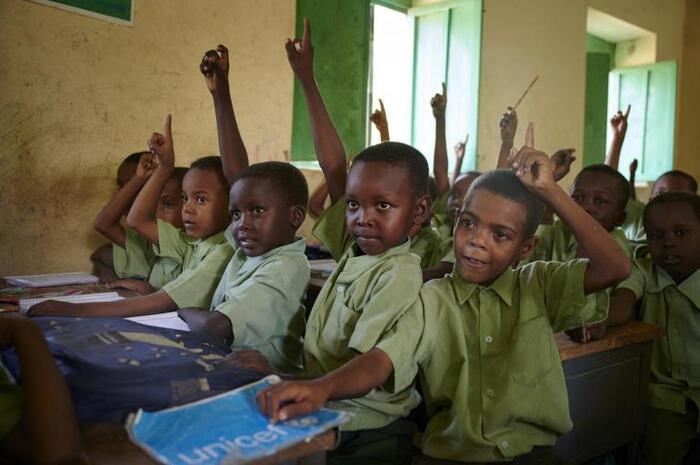
Approximately 6.9 million girls and boys, one in three school-aged children, do not go to school in Sudan, and a further 12 million will have their school years heavily interrupted by a lack of sufficient teachers, infrastructure, and an enabling learning environment to make them reach their full potential.
School is more than just a learning space for children. Beyond reading, writing, and mathematics, children learn social and emotional skills, play in a safe environment, and have access to other critical services. Schools protect children from the physical dangers around them – including abuse, exploitation, and recruitment into armed groups. And they offer psychosocial support, giving children stability and structure in a volatile environment. For many children in Sudan, education is lifesaving!
With the exacerbating socio-economic situation, recurring conflicts, and prolonged COVID-19 school closures, once children drop out of school, the chances of girls and boys returning to school are low. Girls are especially vulnerable: evidence suggests that the economic crisis is deepening gender inequalities in Sudan, especially among adolescent girls.
To prevent further learning loss, reopening of schools, and offering alternative education opportunities for children who missed many years of school is a top priority.
Source: Save the Children, UNICEF







